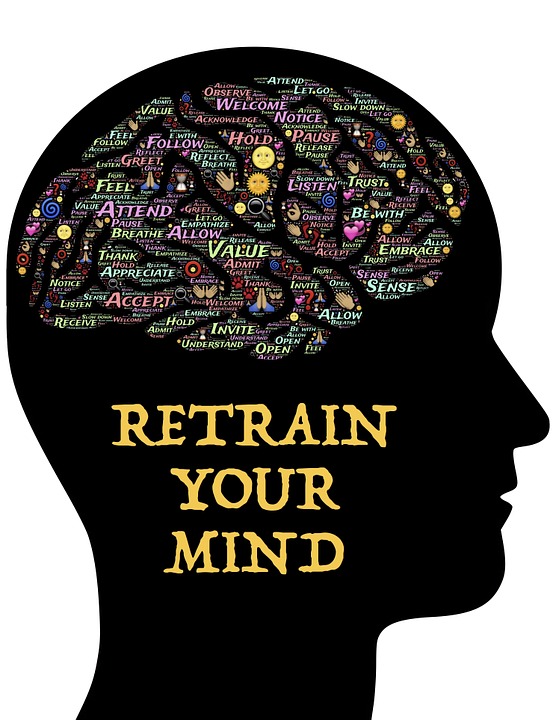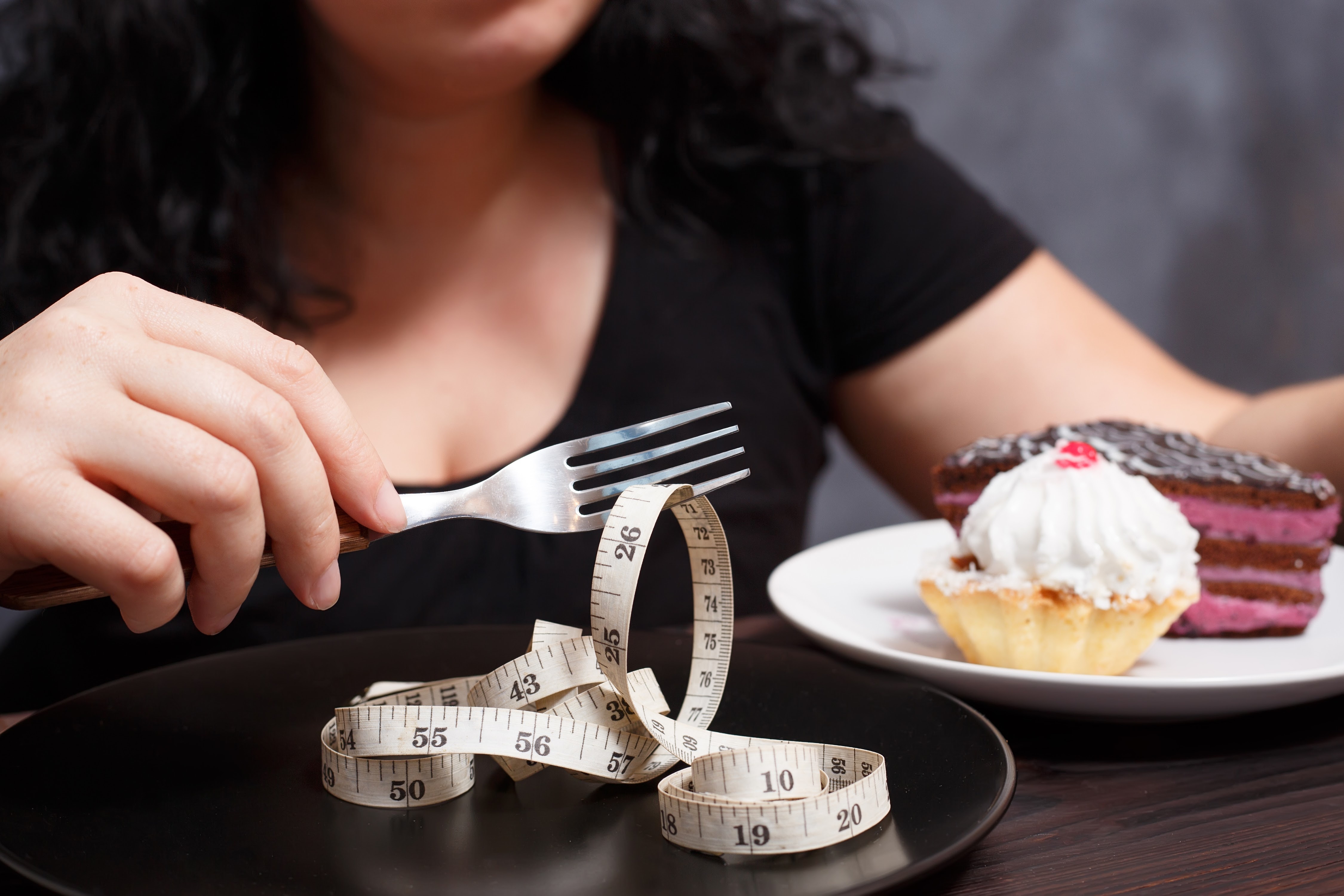
In Annia Ciezaldo’s April 1st article in the “New York Times Magazine,” she asks, “Does the Mediterranean Diet even exist?“ She suggests that since half of Spain, Portugal and Italy’s populations are overweight — with Lebanon rapidly following suit — then, contrary to popular belief, the Mediterranean people now have the worst diets in Europe.
She states that the Greeks “are the fattest: about 75 percent of the Greek population is overweight.” From Ciezaldo’s perspective, the Mediterranean Diet research, which spanned over 50 years, was in fact — flawed.
Research on the whole health benefits of the Mediterranean Diet has been well-documented and includes the Harvard School of Public Health and many esteemed medical researchers. Among them are Ancel Keys and Paul Dudley White, who later became Dwight D. Eisenhower’s cardiologist.
Shortly after World War II, Keys and his colleagues set out to examine whether or not the Mediterranean dietary and lifestyle patterns were directly connected to improved health outcomes identified in Crete, Greece and southern Italy during the 1960s. These outcomes recorded the lowest rates of chronic disease in the world, and the life expectancy of adults in these regions was among the highest. This was particularly remarkable given the limited amount of medical care and services that were available to this population and the poverty these regions experienced.
Keys then began the long running Seven Countries Study and monitored the lifestyle and dietary habits of 12,700 middle-aged men in the U.S., Finland, the Netherlands, and then Yugoslavia, Italy, Japan and Greece.When the data was examined, the people who were the healthiest ate a diet where fruits and vegetables, grains, beans and fish were the basis of daily meals and valued vigorous physical activity and high social interaction. At the top of the list were the residents of Crete.
Scientists have intensely studied the eating and lifestyle patterns characteristic of the Mediterranean Diet for more than half a century. And with dozens of research studies, the evidence is that this way of eating and living results in an across-the-board reduction of chronic disease and increased longevity.
This evidence confirmed that certain Mediterranean lifestyles and dietary patterns were connected with good health. As a result, in the 1990s, Old Ways, an internationally respected nonprofit organization, joined in partnership with the Harvard School of Public Health to provide global education and information on this important disease-preventing evidence.
What the article has apparently overlooked is that the Mediterranean Diet is not just about what people eat. It is about the values, habits, relationships, quality of how food is grown and the quantity of how food consumed by these particular groups — not just how or what they eat. A point that is often missed by the media is that health is not isolated to one’s diet. The whole health of an individual is about the physical, emotional, nutritional, environmental and even spiritual components that create our overall state of health. Our dietary choices and habits can be seen as a metaphor of what the overall or whole picture of that individual’s health is expressing. We eat how we think, feel, work and behave, all of which are influenced by our environment, values, age, financial and education levels and even by our gender.
Beyond just nutritional health, the Mediterranean Diet promotes a way of living that includes the following components, which could explain the positive health benefits.
Intense physical activity that includes work and all its forms of movement; farming, building, planting, gardening, dancing, sports, house work, child care or any activity that provides a non-sedentary daily routine.
Consuming many types and varieties of food in moderation as a form of nourishment — both physically and socially, as well as sharing with others.
- Meals are a part of the social and family fabric and are not taken alone.
- Time spent eating is relaxing, nourishing and pleasurable.
- Foods choices often include fruits, vegetables, whole grain bread and other cereals, potatoes, beans, nuts and seeds.
- Olive oil is an important monounsaturated fat source in the diet.
- Dairy products, fish and poultry are consumed in low to modest amounts, and little red meat is eaten.
- Eggs are consumed zero to four times a week.
- Wine, a component of social family sharing and bonding, is a dietary staple this is consumed in low to moderate amounts.
Is it any surprise that Europeans, who now have McDonalds, Kentucky Fried Chicken, electronic messaging that is replacing relationships and high credit card debt (none of which were there when the Seven Countries Study began), are becoming as obese and unhealthy as Americans are?
What is missing from many “nutrition books of the week” is the organic, common sense understanding that the food we eat is just part of a multi-faceted set of choices we make in how we choose to live and behave. Many of these choices are based on our personal and collective social values.
I was recently asked, in a conversation with an advisor to the U.S. Surgeon General, what I thought was the solution to health care cost reduction. I stated and firmly believe that until we as a nation return to the values we embraced and lived by up until the mid-1980s, a time when the “The Lifestyles of The Rich and Famous“ became the national obsession, we will remain a nation of countless individuals who feel in many ways marginalized from contributing our skills and talents — who are hungry to be seen, heard and valued.
This lack of belonging leads to poor nutrition and behavior choices, which serve in our efforts to self-sooth and self-medicate, as the world we inhabit continues on its trajectory of financial and societal misdirection. Yes, the Mediterranean Diet does exist, but the values that make it a healthy way of life are rapidly fading.
For more whole health discussions like this, listen to my radio show Living Above The Drama.





 Available everywhere and promising instant energy, energy drinks have grown in popularity over the last decade. They allow us to get more done faster, but at what costs? The largest population they are pitched to is the “under 30” group. This includes high school and college students as well as athletes, both school age and professional.
Available everywhere and promising instant energy, energy drinks have grown in popularity over the last decade. They allow us to get more done faster, but at what costs? The largest population they are pitched to is the “under 30” group. This includes high school and college students as well as athletes, both school age and professional.




 Aggressive Or Passive?
Aggressive Or Passive?